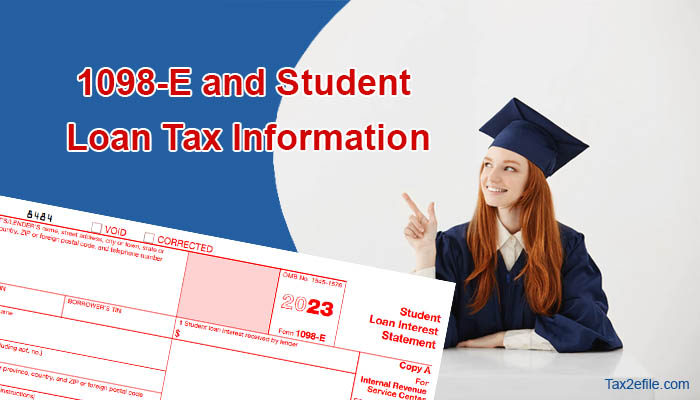- January 31, 2021

We use Form 1098 and its variants to report contributions and other tax-deductible expenses to the taxpayers and the Internal Revenue Service. These forms cover mortgage interest payments, Contribution for motor vehicles including boats and airplanes, loan interest paid by the student, and the tuition and scholarship information of students.
The due date to file the 1098 forms is March 31st with the IRS and the copies of these forms should be sent to the taxpayer by February of each year. Form 1098 has three copies. The lender has to file copy A of this form with the Internal Revenue Service. Copy B of the form should be sent to the borrower. Copy C of the form is for the records. The left side of the form corresponds to the lender’s personal information and their social security number.
Table of Contents
IRS 1098-MORT Form Due Date/Deadline
Form 1098 corresponds to the Mortgage Interest statement that the lender uses to report the amounts paid to the borrowers if it is $600 or more. Lenders should use a separate form for each mortgage. The information on this form can be of use to avail tax deductions in relevance to mortgage insurance premiums and its relevant interests. The details that these form reports are,
- Lender’s name, address, and TIN.
- Taxpayer’s name, address, and TIN.
- Amount of mortgage interest received.
- Outstanding mortgage principal.
- Refund of the overpaid interest.
- Address and description of the property.
- Several properties securing the mortgage.
If Filing the form electronically, the due date to file Form 1098-MORT is the end of March. A copy of the form should be sent to the borrower by the end of January every year.
IRS Form 1098-T Due Date/Deadline
Form 1098-T corresponds to the statements on tuition payments and related expenses for students and also scholarships and grant amount paid for the previous year. This form reports,
-
-
- Tax Filer’s name, address, contact number, and identification number of the employer.
- Student’s name, address, and a TIN of the taxpayer.
- Payments received for qualifying tuition and other relevant expenses, including adjustments.
- Scholarships and grand and their adjustments.
- Amount of insurance contract reimbursement and refunds.
-
Apart from scholarships and qualified tuition expenses, IRS allows to include related expenses such as fees and cost of course material that are required to enroll in an educational institution. This fee will not include a course for games, sports, hobbies, etc. unless these are part of the degree program and are a must to improve one’s job skills. Costs towards accommodation, medical expenses, living expenses, and transportation should not be included.
Schools should file form about their students receiving a scholarship with the IRS by February 28th. A copy of the form should be sent to the student by January 31st of the academic year.
Form 1098 has many clauses and includes contributions made towards diverse sectors. We have discussed the payment towards mortgages and scholarships here. These forms can be filed electronically or mailed to the IRS before March 31st of each year.


